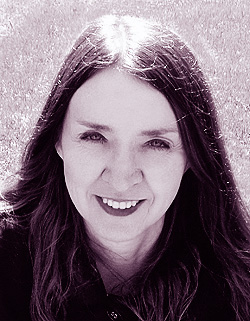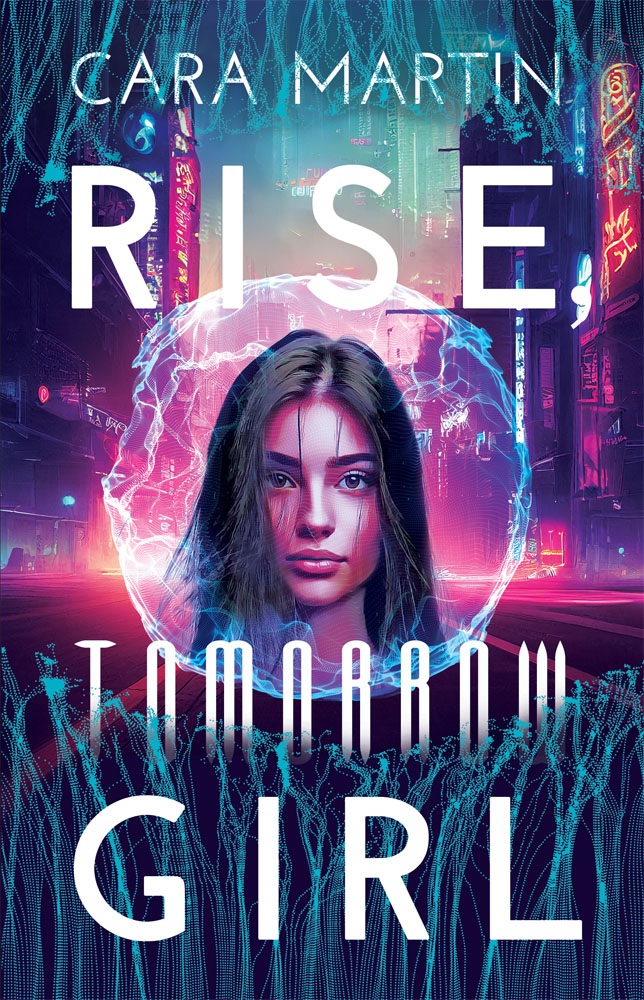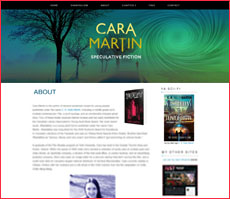 Obviously I firmly disagree with the WSJ article and to quote from my own website FAQ, “As far as I'm concerned many of the things that are hardest for people to talk about are the things we probably need to discuss in more depth and try to drag out into the light. I know there are some people who don't think that teenagers should be reading about things like drug use, sex and sexuality, abusive situations etc. but the reality is that teenagers live in this imperfect world with us and are already exposed to these things through the media, their own lives and the lives of their peers. I believe books are a medium that can inspire critical thinking and give young people a chance to explore their thoughts regarding various subjects as well as open discussions.”
Obviously I firmly disagree with the WSJ article and to quote from my own website FAQ, “As far as I'm concerned many of the things that are hardest for people to talk about are the things we probably need to discuss in more depth and try to drag out into the light. I know there are some people who don't think that teenagers should be reading about things like drug use, sex and sexuality, abusive situations etc. but the reality is that teenagers live in this imperfect world with us and are already exposed to these things through the media, their own lives and the lives of their peers. I believe books are a medium that can inspire critical thinking and give young people a chance to explore their thoughts regarding various subjects as well as open discussions.”1) The article completely ignores lighter YA offerings and pretends they simply don't exist. Yeah, the first thing you're likely to see as you approach the YA section of a bookstore is a table full of covers like this one because paranormal and fantasy YA have been hot for some time now and many of these books tend to have a certain look to them. But there absolutely are lighter, less controversial teen books available on the shelves than those Gurdon spotlights.
2) The article negatively compares YA of the past to the current crop of YA books without taking into consideration that we live in extremely different times. To give Megan Cox Gurdon a taste of what the times are actually like:
* A recent survey by The National Campaign showed 22% of teen girls and 18% of teen boys had sent or posted nude or semi-nude pictures or video of themselves. 39% of teens are sending or posting sexually suggestive messages. 48% have received such messages. “38% of teen girls and 39% of teen boys say they have had sexually suggestive text messages or emails—originally meant for someone else—shared with them.”
* In the U.S. the rate of teen suicide has tripled since 1960. “The decrease in suicides for 14- to 18-year-olds during the summer months is stark.” Recent statistics reveal “that approximately three million youths, aged 12 to 17, either thought seriously about suicide or attempted suicide in 2000. More than one third, 37%, actually tried to kill themselves. Most were suffering from undiagnosed or untreated clinical depression.”
* 20% of children and youth in Canada have a diagnosable mental health disorder according to the Canadian Journal of Psychiatry. "Depression is a huge reality among youth right now," according to Sue Cook, a therapist who specializes in working with families. Currently, about 40% of young adults with depression do not use any mental health services.
* “Two recent Canadian studies showed sexual harassment at school was epidemic. 29% of Grade 9 girls ... felt unsafe at school partly due to sexual comments and unwanted looks or touches; 27% of the girls in Grade 11 admitted to being pressured into doing something sexual that they did not want to do; 14% of the females reported being harassed over the Internet.”
* 44% of sexual assault victims in the U.S. are under 18.
* “Almost one in six teenagers deliberately harm themselves by cutting, burning or other self-harming behaviours, according to a report in the Canadian Medical Association Journal.”
* “In the U.S. approximately one in five teen girls have been physically or sexually abused by their partner.”
* “23% of Ontario students report that they were offered, sold, or given a drug at school in the last year.”
* “42% of Ontario students surveyed have used an illicit substance in the last year.”
* “83% of Ontario students in grade 12 drink alcohol. 49% of gr. 12 students admit to binge drinking.”
This is obviously not an easy time to grow up. Gurdon writes that, “If books show us the world, teen fiction can be like a hall of fun-house mirrors, constantly reflecting back hideously distorted portrayals of what life is” but I would argue that the books she criticizes the most scathingly, books like Shine by Lauren Myracle and Scars by Cheryl Rainfield, accurately reflect a world that Gurdon herself isn't prepared to look squarely in the face. Often teenagers don't have the luxury of avoiding these realities as they're experienced either personally or by their friends, peer group or at school. It can hardly be an accident that teen suicide rates are lower in the summer. Not only does the high school environment create stress, “research has shown that alcohol consumption, poor self-esteem and sexual activity (are) related to youth suicide, there is little discussion about the fact that these risky behaviors tend to originate at school.”
So suggesting that avoiding dark YA books will keep teenagers content is ludicrous. We need to talk about these issues, not put a happy face on and pretend they don't exist. To quote a Billy Bragg song (as I'm prone to do): “He said that some things are really best left unspoken. But I prefer it all to be out in the open.”
3) My final issue is that Gurdon makes absolutely no distinction between glorifying or glamorizing issues and behaviours and intelligently examining them. In this lazy way of thinking you could charge that the movie The Accused, Laurie Halse Anderson's book Speak or Emma Donoghue's Room make rape more acceptable. At the very least I suppose Gurdon would state (as she does about another book during her piece) that “one depravity does not justify another.” So talking about harsh realities equals depravity? Huh? How on earth are we ever to discuss anything unpleasant under this philosophy?
To my mind (because I won't pretend this isn't an opinion piece) YA books can offer young people a safe space to emotionally and intellectually explore difficult real life issues. Gurdon, and people like her, who knock books they deem dark, do teens a huge disservice by suggesting some of their realities are too dangerous and unseemly, not fit reading material.
By all means, let's all do whatever we can to help create a better society where young people have less mental health issues and are safe and happy at home, in school and wherever they go, but until we achieve that better society let's not do young people the disservice of acting as though what Gurdon terms 'misery' and 'coarseness' are author invention or exaggeration.














